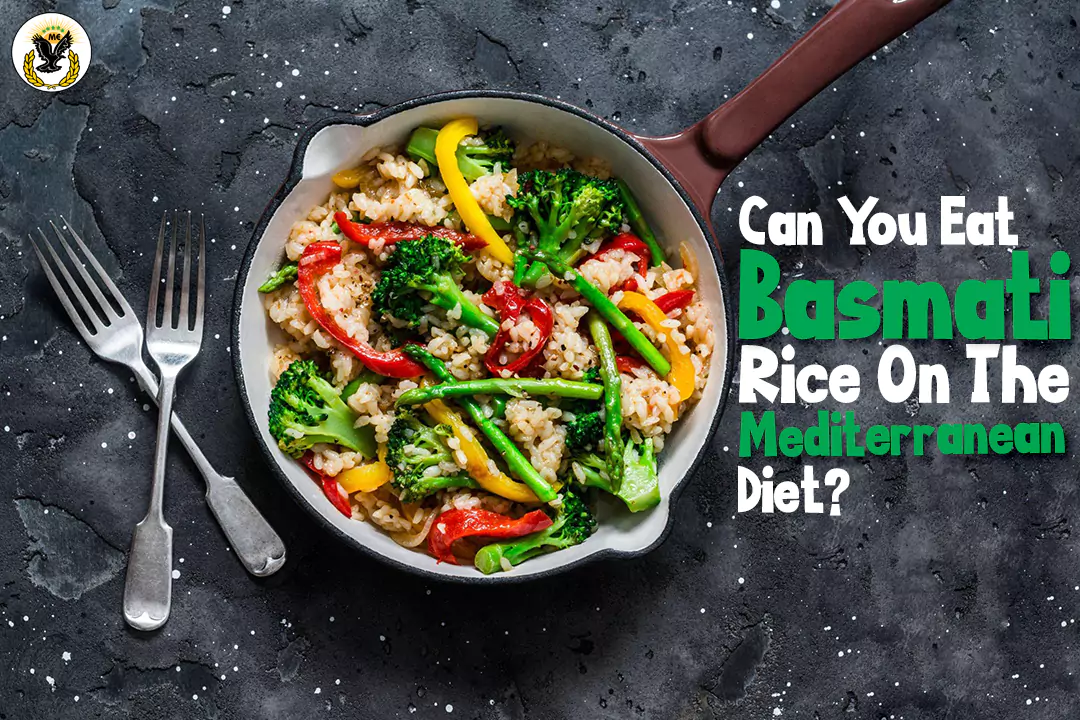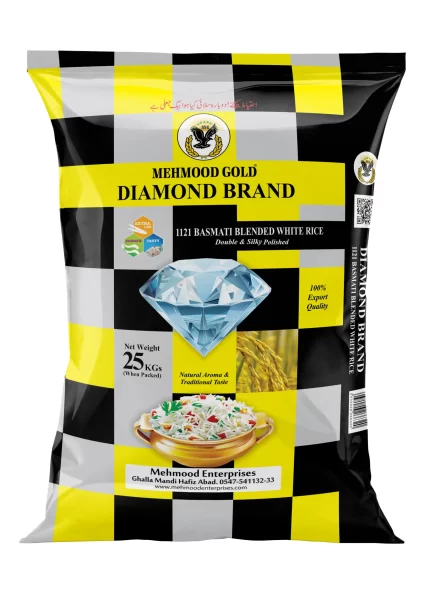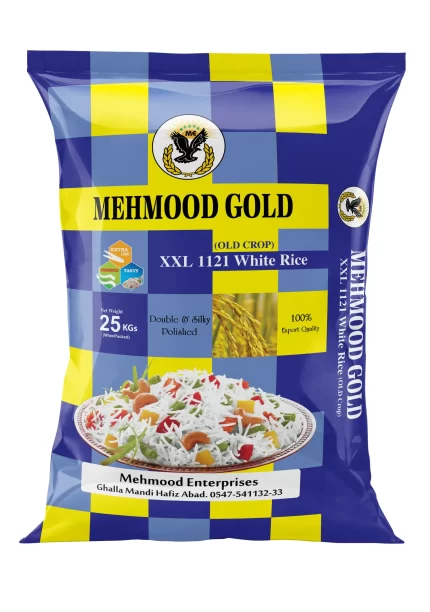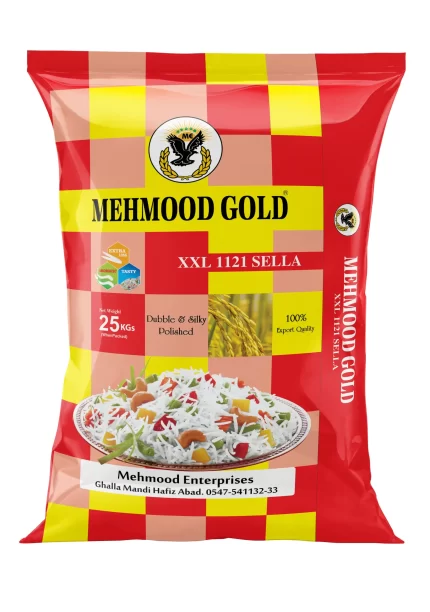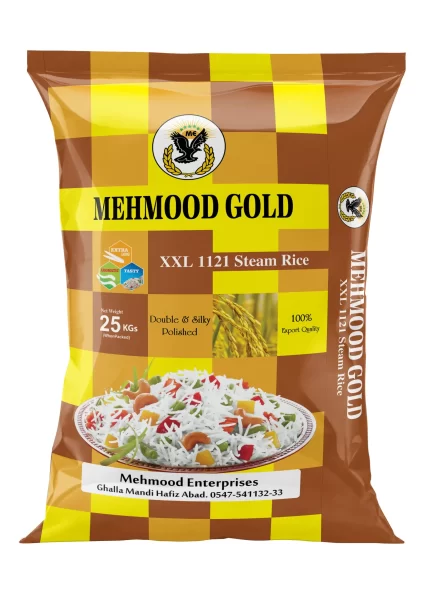The Mediterranean diet is known for its emphasis on fresh fruits, vegetables, whole grains, and healthy fats. It has gained popularity for its numerous health benefits, including reducing the risk of heart disease and promoting overall well-being. If you’re considering following the Mediterranean diet, you might be wondering if you can include basmati rice in your meals.
In this article, we will explore whether basmati rice is compatible with the Mediterranean diet and its potential benefits.
What Is Basmati Rice?
Basmati rice is a type of long-grain rice that originated in the Indian subcontinent. It is known for its distinct aroma and delicate flavor. Basmati rice has a lower glycemic index compared to other types of rice, meaning it is less likely to cause a rapid spike in blood sugar levels. This characteristic makes it a suitable choice for individuals with diabetes or those who are watching their blood sugar levels.
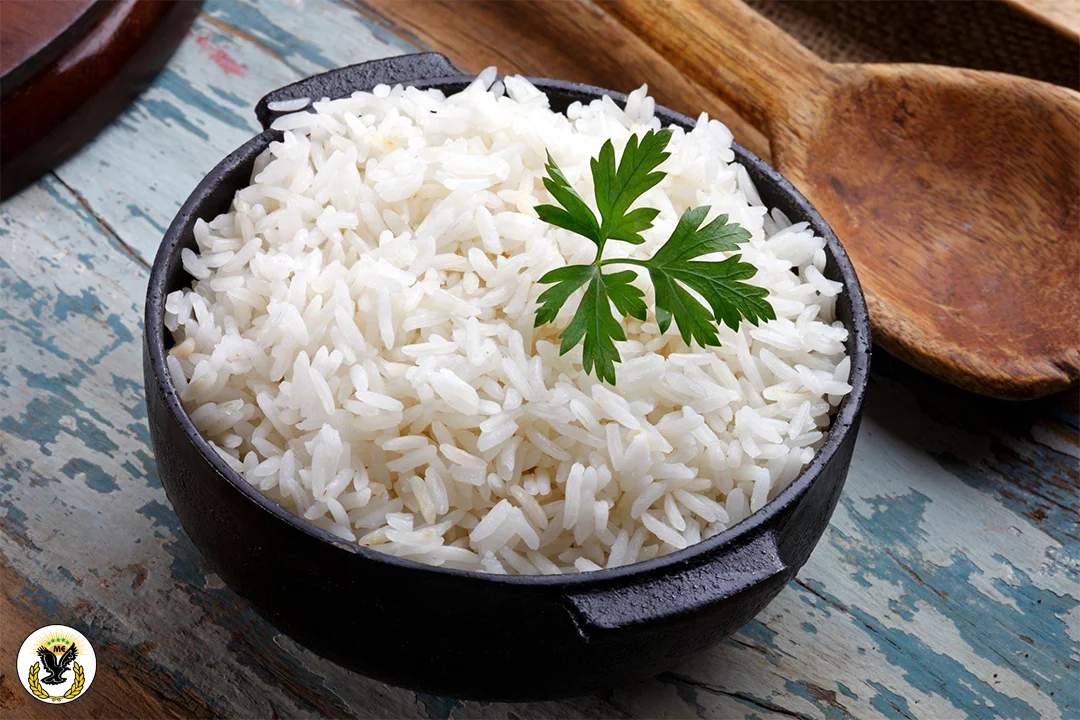
Understanding The Mediterranean Diet
The Mediterranean diet is inspired by the traditional dietary patterns of people living in countries bordering the Mediterranean Sea. It emphasizes consuming a variety of plant-based foods such as fruits, vegetables, whole grains, legumes, nuts, and seeds. Fish and seafood are also key components, while poultry, eggs, dairy products, and red meat are consumed in moderation. Healthy fats like olive oil and avocados are preferred over saturated fats, and herbs and spices are used to add flavor instead of excessive salt.

Nutritional Profile Of Basmati Rice
Basmati rice is a good source of carbohydrates, providing energy for the body. It also contains small amounts of protein, dietary fiber, and essential minerals like magnesium and potassium. Basmati rice is naturally gluten-free, making it a suitable option for individuals with gluten sensitivities or celiac disease.
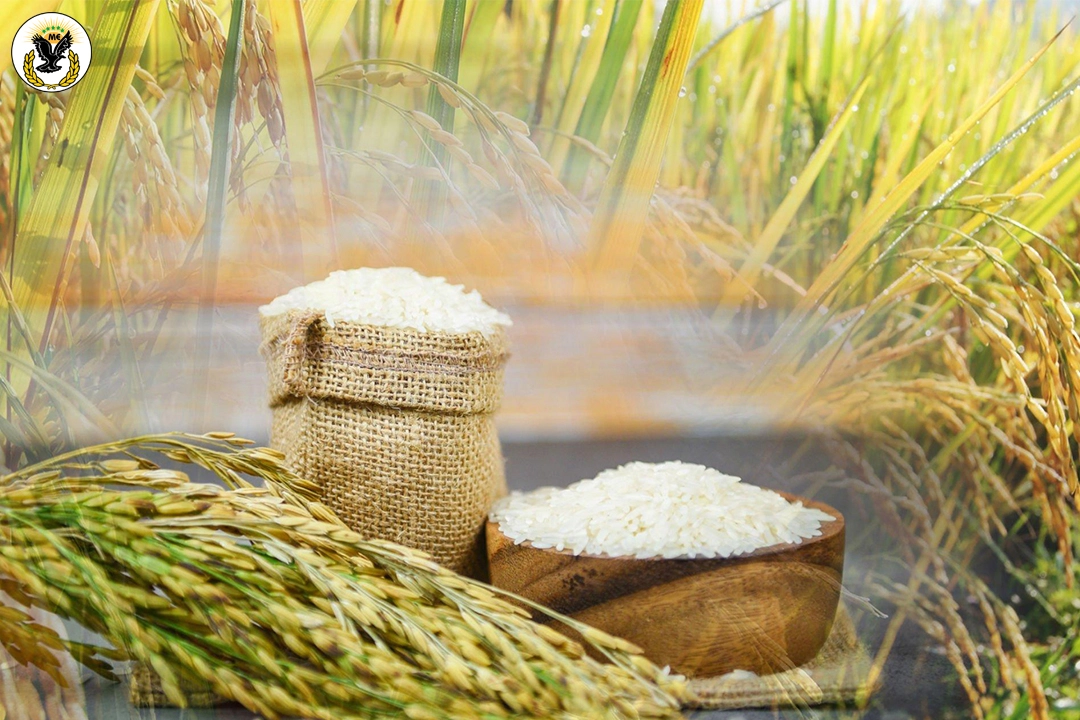
Basmati Rice In The Mediterranean Diet
While the Mediterranean diet primarily focuses on whole grains like bulgur, quinoa, and barley, basmati rice can still be included in moderation. It can be a versatile addition to your Mediterranean-inspired meals, especially when paired with vegetables, legumes, and lean protein sources like fish or poultry.
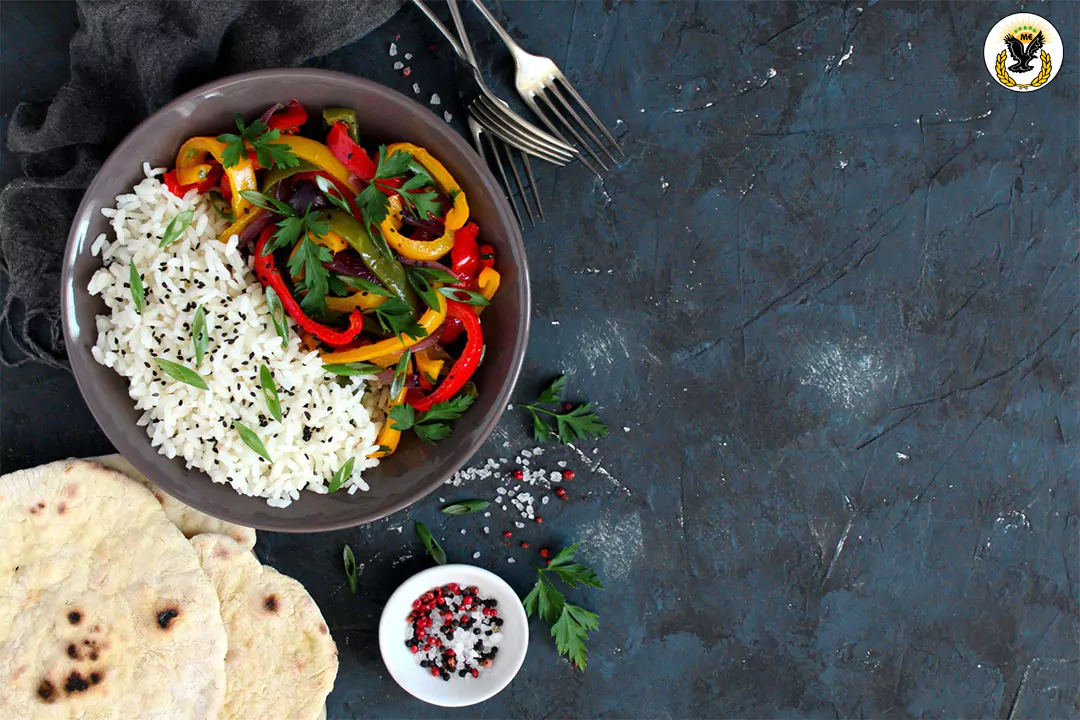

Benefits Of Including Basmati Rice In Your Mediterranean Diet
- Dietary Diversity: Incorporating basmati rice into your Mediterranean diet allows for a wider range of food choices, making your meals more interesting and enjoyable.
- Nutritional Value: Basmati rice provides essential nutrients like carbohydrates, minerals, and dietary fiber, contributing to a balanced diet.
- Satiety: The fiber content in basmati rice can promote feelings of fullness, aiding in portion control and preventing overeating.
- Cultural Integration: If you have a preference for basmati rice due to cultural or personal reasons, including it in your Mediterranean diet can help you maintain dietary diversity while still following the core principles.
Basmati Rice Recipes For The Mediterranean Diet
- Mediterranean Rice Salad: Combine cooked basmati rice with diced cucumbers, cherry tomatoes, olives, feta cheese, fresh herbs, and a dressing made from olive oil, lemon juice, and garlic.

- Vegetable and Basmati Rice Stuffed Peppers: Stuff bell peppers with a mixture of cooked basmati rice, sautéed vegetables (such as zucchini, eggplant, and onions), herbs, and spices. Bake until the peppers are tender.

- Lemon Garlic Basmati Rice with Grilled Fish: Prepare basmati rice flavored with lemon juice, garlic, and fresh herbs. Serve alongside grilled fish seasoned with Mediterranean spices like oregano and paprika.
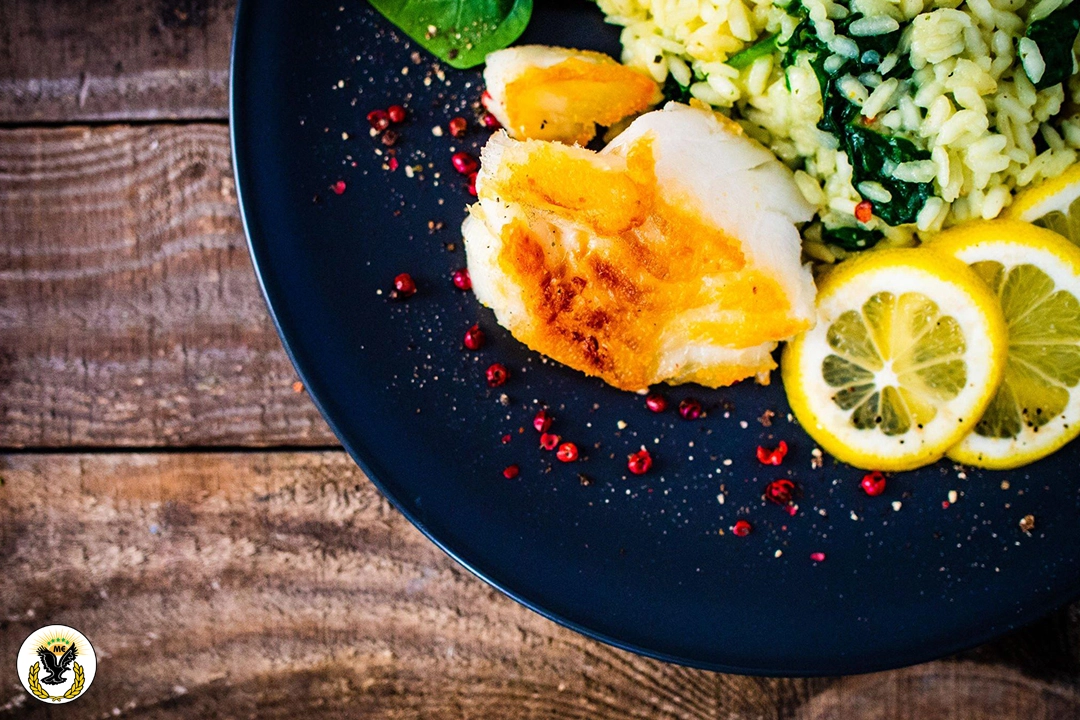
Considerations And Portion Control
While basmati rice can be a part of a healthy Mediterranean diet, portion control is crucial. It’s important to maintain a balance between the amount of rice and other components of your meals. Remember that the Mediterranean diet is not solely based on rice but rather a combination of various whole foods.
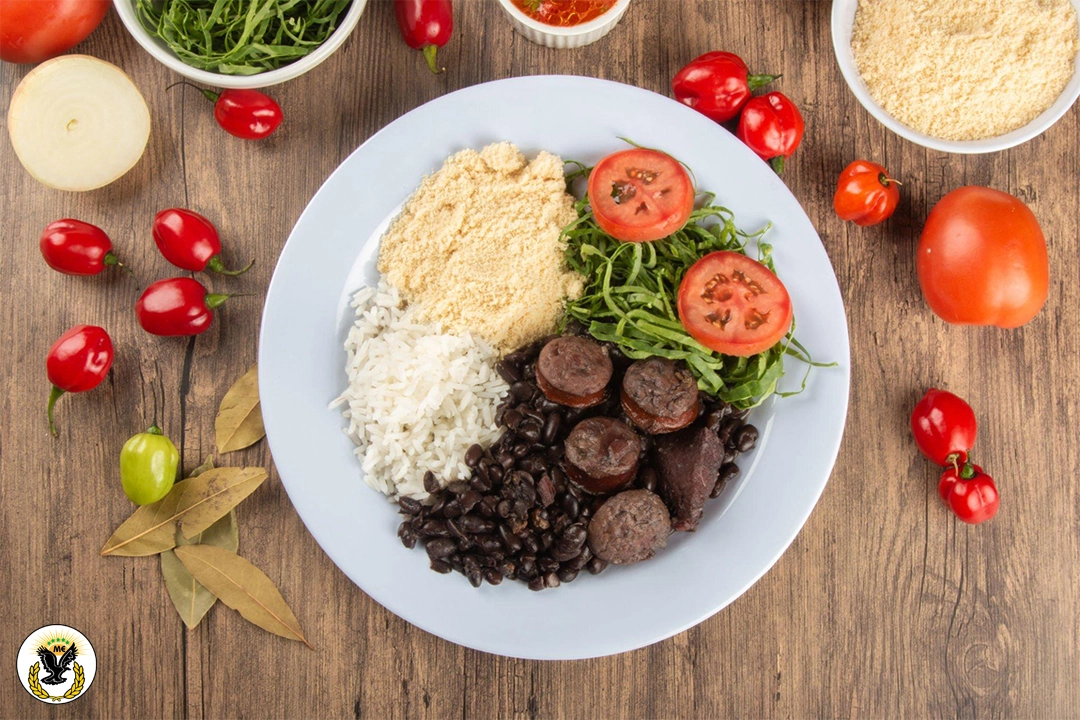
Conclusion
Yes, basmati rice of Mehmood Enterprises can be enjoyed as part of a Mediterranean diet when consumed in moderation. It adds variety, taste, and nutritional value to your meals. Remember to prioritize whole grains like bulgur, quinoa, and barley, and complement your diet with abundant fresh fruits, vegetables, legumes, and healthy fats.
Frequently Asked Questions
Ans: Yes, basmati rice is naturally gluten-free, making it suitable for individuals with gluten sensitivities or celiac disease.
Ans: Basmati rice, when consumed in moderation as part of a balanced diet, can contribute to satiety and portion control, which may support weight management goals.
Ans: Absolutely! The Mediterranean diet encourages the consumption of various whole grains, so feel free to experiment with alternatives like bulgur, quinoa, or barley.
Ans: While basmati rice can be included in your Mediterranean diet, it’s important to maintain a balanced approach and include a variety of whole grains, fruits, vegetables, and other essential components.
Ans: You can find an array of Mediterranean diet recipes online, in cookbooks, or through reputable nutrition websites that provide inspiration and guidance for creating delicious and healthy meals.

